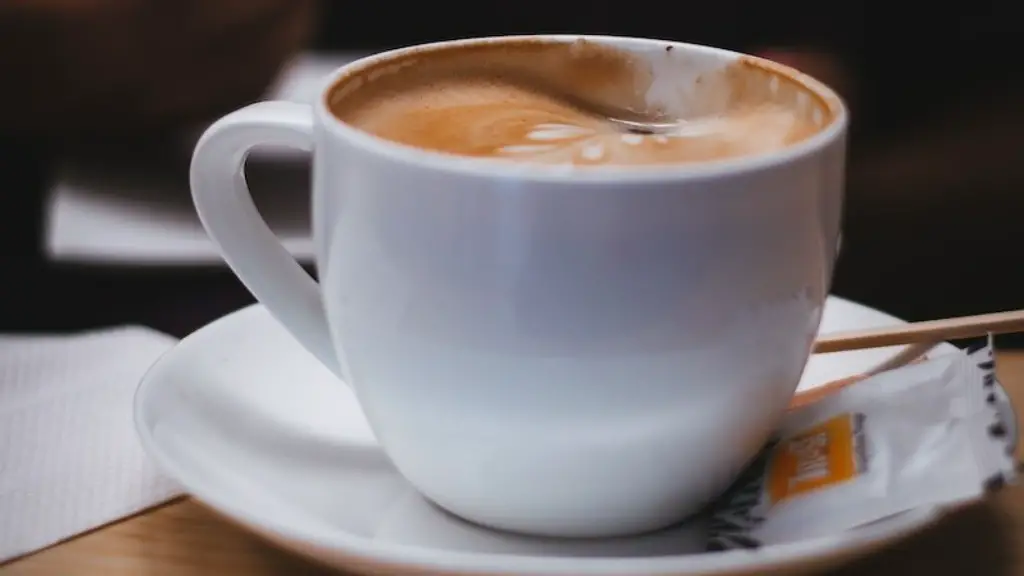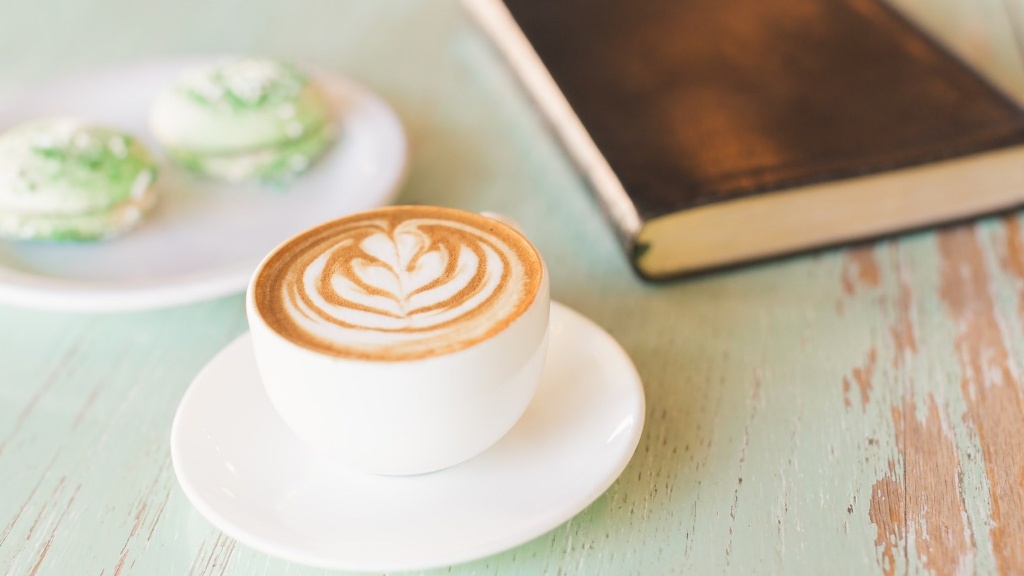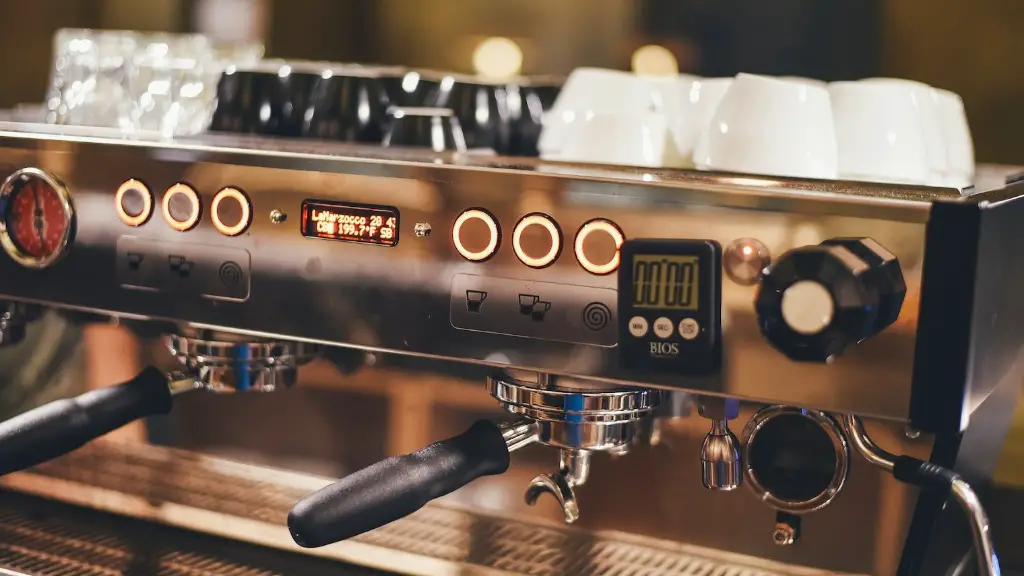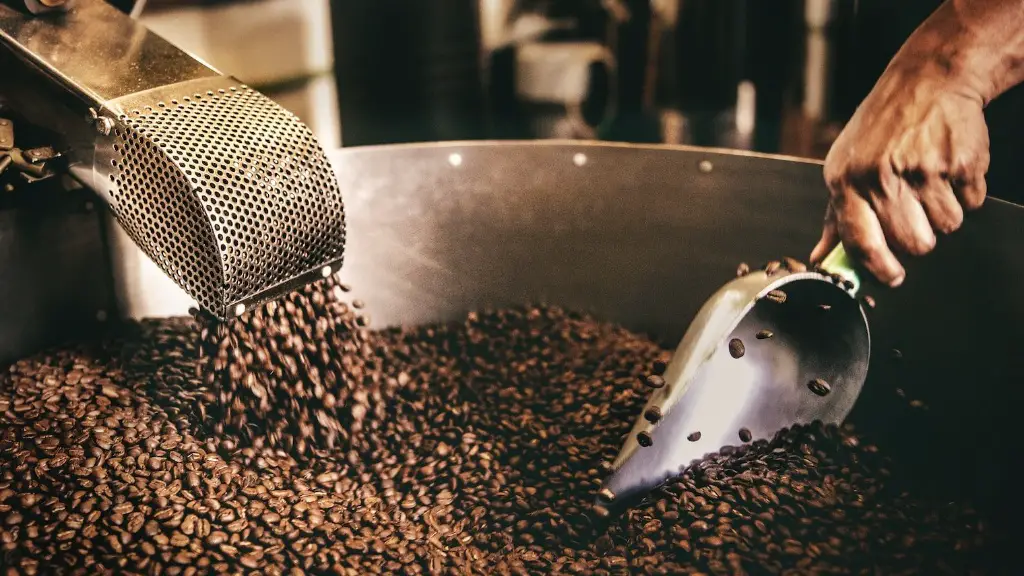We may have heard about the idea of fasting for health purposes. But, can you drink coffee during a 16 hour fast? It’s a complex question that has many aspects to consider. In this article we’ll explore a few of them.
When we fast, our bodies enter a different metabolic state. Our bodies stop relying on food for energy, and instead turn to stored fat for fuel. During this state, drinking coffee does not break your fast, as it does not add any calories. Caffeine is a stimulant, so it can help to reduce hunger and provide energy. However, if you do drink coffee during a fast, the energy boost might lead to some mild hunger.
Mental clarity is another benefit of drinking coffee while fasting. Studies have shown that coffee can increase concentrations of the neurotransmitters dopamine, acetylcholine, and norepinephrine, which are all associated with increased alertness and energy. Coffee has also been found to improve focus and decrease reaction time. But, coffee’s effects on the mind depend on the individual, as some people experience anxiety or agitation from caffeine.
Coffee may also provide benefits to people’s health. Studies suggest that coffee has anti-inflammatory, antioxidant, and antifibrotic properties. Some of these properties are thought to help improve heart health, reduce the risk for certain types of cancer, and help to manage Type 2 Diabetes. However, it’s important to note that this beneficial effect is attributed to black coffee—coffee with added sugar, syrup, or other flavorings may not have the same health benefits.
When it comes to drinking coffee during a 16-hour fast, it may have some benefits. But, there are some potential downsides as well. Caffeine has the potential to affect your sleep, which can be problematic if you’re fasting for health reasons. It is also important to note that caffeine can interact with some medications, so it’s best to talk to your doctor before drinking caffeine while fasting.
Caffeine Side Effects
Caffeine can cause side effects in some people, including restlessness, irritability, rapid heartbeat, insomnia, and headaches. These effects can last for hours and are worsened with low levels of hydration. Additionally, caffeine can increase stress levels and cause nervousness, especially when consumed in combination with other stimulants. It is important to note that the effect of caffeine can vary from person to person, and its intensity can intensify if you don’t consume enough water.
Health Risks of Caffeine
Caffeine can also pose health risks. High doses of caffeine can lead to nervousness, increased heart rate, insomnia, nausea, and even hallucinations. People with kidney or heart conditions should avoid caffeine, as well as people who have high blood pressure, as it can increase blood pressure and heart rate. Additionally, pregnant women should limit their caffeine intake, as it can cause the baby to have a low birth weight or other birth defects.
The Bottom Line
Overall, it is important to take into consideration the potential risks before drinking coffee during a 16-hour fast. If one decides to drink coffee while fasting, it is important to drink responsibly and to drink in moderation. Additionally, one should opt for unsweetened black coffee in order to get the benefits without the added sugar and calories.
Limit Caffeine Intake
Drinking coffee during a 16-hour fast can certainly provide benefits, but it is best to limit caffeine intake. The recommended daily amount for adults is no more than 400mg, which is equivalent to about 4 cups of brewed coffee. For adolescents, the recommendation is no more than 100mg of caffeine per day. It is also best to avoid drinking coffee late in the day, as caffeine can disrupt sleep.
Caffeine-Free Alternatives
For those looking to avoid caffeine while fasting, there are a few caffeine-free alternatives. Herbal teas, such as chamomile and peppermint, can provide a soothing, calming effect. Additionally, there are caffeine-free energy drinks that are fortified with vitamins and minerals, as well as those that use natural ingredients like guarana and ginseng.
Substitutes for Coffee
If one is looking for a substitution for coffee during fasting, there are a few alternatives. If a person is looking to get an energy boost, they can try a caffeine-free energy drink or have a smoothie made with fruits, vegetables, and yogurt. Those looking to stay alert can try tea, such as matcha or oolong, which have lesser amounts of caffeine than coffee. Additionally, collagen-based beverages, such as bone broth, can be a good addition to one’s fasting routine, as collagen is known to help reduce inflammation.
Take Away Points
Drinking coffee during a 16-hour fast can offer some benefits, but it is important to consider the potential risks and talk to a doctor. Alternatives to coffee, such as tea or caffeine-free energy drinks, can provide a safe way to get an energy boost during fasting. It is also important to limit caffeine intake and to drink responsibly and in moderation for safe and healthy fasting.



